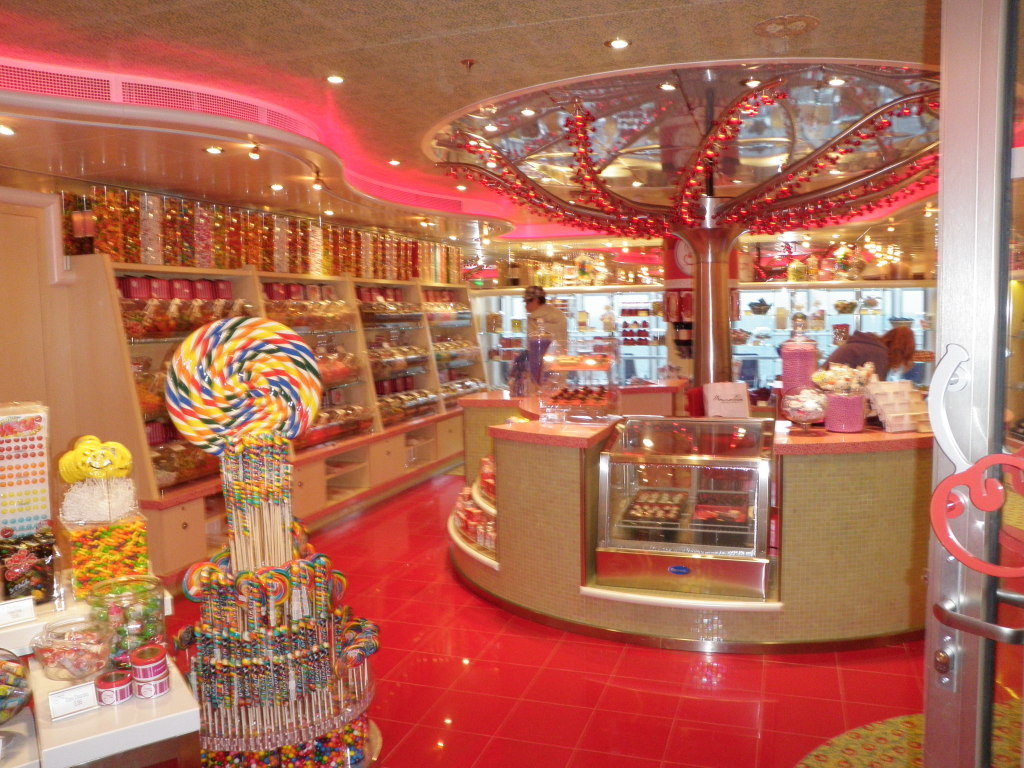Switzerland remains the undisputed capital of haute horlogerie. From the Vallée de Joux’s snow-dusted workshops to Geneva’s lake-side manufactures, the country employs almost 60 000 people in watchmaking and related trades. Breaking into this ecosystem as a UK citizen is perfectly achievable, but it requires a blend of technical education, fluent paperwork and an appreciation of Swiss business culture. The following roadmap lays out each stage—studies in Britain, specialist schools, living costs, internships, salaries and the coveted ateliers that lure craftsmen from all over the world—with practical tips and current figures.
1. Build a Horological Foundation in the UK
While Switzerland offers the most prestigious watch schools, starting your training at home shortens visa timelines and lowers upfront costs. Three British institutions stand out:
- British School of Watchmaking (Manchester) – An intense 1800-hour course aligned with the Swiss WOSTEP syllabus. Graduates leave with the 3,000-hour WOSTEP certificate once they complete a Swiss placement.
- Birmingham School of Jewellery (HND Horology) – A two-year higher-national diploma that blends theory, micro-machining and modern CAD. Strong links to local service centres secure early work experience.
- West Dean College (Chichester) – FdA and BA Conservation of Clocks and Related Objects – Although conservation-led, the programme trains dexterity, tool-making and historic escapements—skills transferable to haute horlogerie.
Entry requirements centre on manual aptitude and basic maths rather than A-levels in physics. Interview panels may ask you to strip and rebuild a pocket-watch train in under an hour, so practise bench skills before applying.
2. Transition to Swiss Specialist Schools
A UK qualification opens doors, but Swiss employers still favour a local diploma or the WOSTEP certificate. Options include:
- WOSTEP (Neuchâtel) – The industry’s gold standard. The 22-month “Technician in Watchmaking” programme costs roughly CHF 29 000, including bench tools but excluding accommodation.
- CIFOM École Technique (Le Locle) – A three-year CFC (federal certificate) in watchmaking. Tuition is state-subsidised, but French is the teaching language.
- École d’Horlogerie de Genève – Four-year apprenticeship combining classroom modules and paid workshop rotations inside brands such as Vacheron Constantin. Places are highly competitive.
Applications usually require a motivational letter, a portfolio of bench work and references. Having UK achievements organised in clear, metric-driven cv templates helps admissions officers—many of whom read English but expect Swiss-style precision.
3. Understanding Costs: Tuition, Tools and Daily Life
- Tuition fees – Private schools like WOSTEP charge CHF 12 000–15 000 per academic year. Public CFC routes are minimal for EU/EFTA citizens but rise for third-country nationals.
- Tools – Expect to spend CHF 2 500 on screwdrivers, staking sets and timing machines; some courses bundle these into fees.
- Living expenses – Swiss cities rank among Europe’s most expensive. Budget CHF 1 300–1 600 per month for a room in Neuchâtel or Biel, CHF 1 800+ in Geneva. Health insurance is mandatory and averages CHF 350 monthly for a student policy.
- Language classes – CHF 700–1 000 per semester for intensive French or German, essential for factory-floor communication.
Scholarships exist; WOSTEP offers partial bursaries, and some cantonal grants apply to EU residents. Negotiating a modest stipend from a sponsoring brand is also common.
4. Internships and Apprenticeships: The Swiss Way In
Internships in watchmaking are structured, paid and often a pre-condition for diploma completion. Brands such as Rolex, Audemars Piguet and Breitling recruit interns through their own HR portals each spring. Smaller maisons rely on local networks; approaching them in person during the EPHJ trade show in Geneva can prove fruitful. Key points:
- Timing – Applications open 6–9 months ahead; immediate starts are rare.
- Portfolio – Include macro photos of movement finishes, exploded-view drawings and evidence of repair accuracy (e.g., ±5 s/day chronometry certificates).
- Language – A B1 level in French or German boosts selection chances, especially for after-sales service internships.
Apprenticeships (apprentissage) combine two days of classroom theory with three days in a manufacture and last four years. Apprentices are salaried—around CHF 1 100 per month in year one, rising to CHF 2 000 by year four.
5. Recruitment and Job-Search Strategy
Watchmaking vacancies rarely appear on generic job boards. Instead, monitor:
- JobUp.ch and Jobwatch.ch – Swiss portals filtering by canton and skill (assemblage, réglage, after-sales).
- Brand career pages – Patek Philippe, Omega and Richard Mille publish dedicated watchmaker roles.
- Specialist agencies – Firms such as ValJob understand the technical vocabulary and visa considerations.
The hiring process differs subtly from other sectors:
- Bench test – Expect to assemble and adjust a calibre under timed conditions, sometimes in front of a camera to verify technique.
- Panel interview – Typically includes HR, a workshop supervisor and a quality-control engineer. Questions probe patience, error-logging habits and experiences with anti-static environments.
- Reference check – Swiss employers value precision; provide contact details of former instructors who can attest to your d rates and finishing consistency.
6. Salary Expectations: Entry to Expertise
- New graduate with WOSTEP – CHF 55 000–60 000 gross annually in after-sales or assembly roles. Overtime is usually paid but capped.
- Complication assembler (5–7 years’ experience) – CHF 75 000–85 000, higher if you specialise in tourbillons or chiming mechanisms.
- Prototype or restoration specialist (10+ years) – CHF 95 000–120 000; independent maisons may add profit-share bonuses.
- Master watchmaker overseeing R&D – CHF 140 000+; this tier is small, and recruitment is often by discreet head-hunt.
Swiss payroll deductions include old-age insurance (AVS), disability (AI) and unemployment (AC) totalling about 12 % employee contribution.
7. The Dream Ateliers: Where Craftsmen Aim to Bench
- Patek Philippe (Geneva) – Renowned for long employee tenure and deep internal training; restoration department is world-class.
- Audemars Piguet (Le Brassus) – Heavy investment in modern machinery combined with traditional hand-finishing.
- Vacheron Constantin (Plan-les-Ouates) – Offers a heritage workshop focusing on pre-1970 pieces.
- FP Journe (Geneva) – Small teams, boutique environment, exposure to proprietary movements; English is widely spoken, easing transition.
- Grönefeld (Oldenzaal and La Chaux-de-Fonds) – A hybrid Dutch-Swiss operation famed for artisanal finishing.
- Rolex (Bienne and Geneva) – The volume leader still assigns craftsmen to bespoke projects such as gem-set bezels and exhibition pieces.
Securing a post in these ateliers often requires either specialist complication skills or an internal recommendation from a mentor.
8. Practical Steps Before You Pack Your Loupe
- Complete a UK horology diploma to prove fundamental competence.
- Craft bilingual documents—use UK-style cv templates and attach a shorter Swiss “curriculum vitae” version.
- Enrol in intensive language classes; even basic French eases integration.
- Set up a Swiss bank account early to avoid currency-conversion delays on salary.
- Budget accurately: three months of living costs upfront plus tool purchase.
- Apply for a residence permit; most students and trainees enter on an L-permit tied to their course or employer.
Final Thoughts
Switzerland’s watch industry merges centuries-old craft with cutting-edge engineering and remains open to disciplined, well-prepared newcomers. Begin by honing bench skills in Britain, then pursue a Swiss diploma, secure internships through targeted networks and present your achievements with clear, data-rich cv templates. Patience, micrometre-level precision and cultural curiosity will see you ticking along nicely toward a rewarding career amidst the Alps’ most mesmerising movements.





























